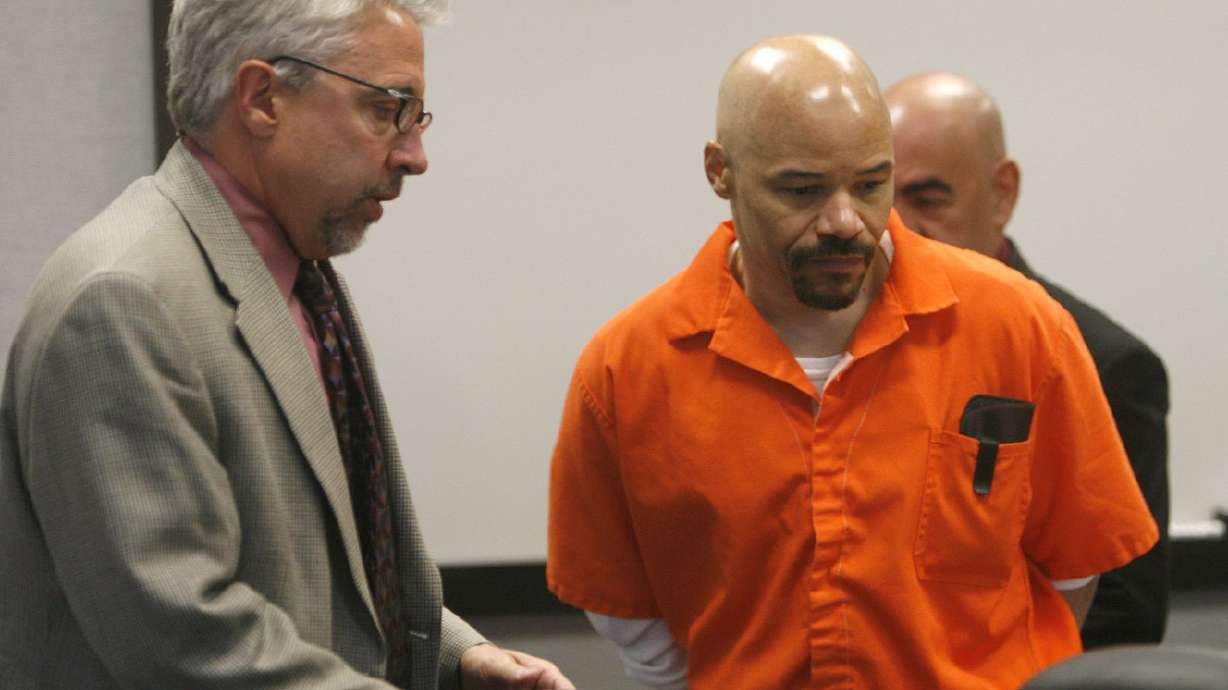Estimated read time: 2-3 minutes
This archived news story is available only for your personal, non-commercial use. Information in the story may be outdated or superseded by additional information. Reading or replaying the story in its archived form does not constitute a republication of the story.
SALT LAKE CITY — Utah's attorney general plans to file an appeal challenging a judge's decision to overturn a death penalty conviction three years after the state's Supreme Court ordered a new trial due to claims of prosecutorial misconduct.
Douglas Stewart Carter, 67, has been on death row since 1985, when a jury found him guilty of the aggravated murder of 57-year-old Eva Olesen, the aunt of a former Provo police chief who was found stabbed and shot in the head.
Though there was no physical evidence linking Carter to the crime scene, prosecutors secured a conviction based on a written confession from Carter, who is Black, and two witnesses who testified he had bragged about killing Olesen. Carter later argued the confession was coerced.
After decades of appeals, the Utah Supreme Court in 2019 reversed Carter's conviction and ordered a new trial after the witnesses — Epifanio Tovar and Lucia Tovar — said police and prosecutors offered them gifts and money, coached them to lie in court and threatened them with deportation if they didn't cooperate. The Tovars were immigrants without legal status.
Police said the funds were intended for witness protection.
The Supreme Court's reversal drew widespread attention in Utah and renewed focus on questions about whether capital punishment should be permitted in the state. Utah was the first state to execute someone after the U.S. Supreme Court lifted its moratorium in 1976.
In his ruling overturning Carter's conviction, Judge Derek Pullan ruled that the Tovars' testimonies prejudiced Carter's trial and gave Utah five days to decide whether to challenge his decision to overturn the conviction.
"The State knowingly failed to disclose that the testimony was false and coached by police. Carter's conviction was secured — at least in part — on the basis of this false testimony," Pullan wrote in a decision last week.
Rich Piatt, a spokesman for the Utah Attorney General's Office, said in a statement that the state planned to appeal Pullan's ruling.
"The office has full confidence that both Carter's conviction and death sentence will be reinstated on appeal, especially in light of the fact that Carter confessed to committing this murder," he said.








